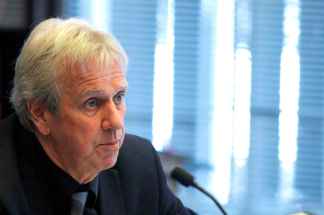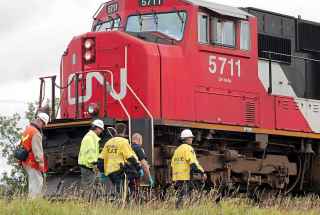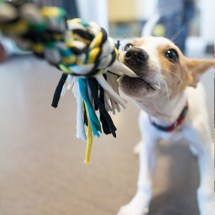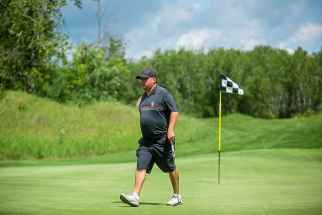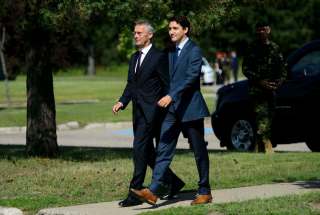American ‘hobos’ arrested trying to hop train in Winnipeg
Read this article for free:
or
Already have an account? Log in here »
To continue reading, please subscribe:
Monthly Digital Subscription
$0 for the first 4 weeks*
- Enjoy unlimited reading on winnipegfreepress.com
- Read the E-Edition, our digital replica newspaper
- Access News Break, our award-winning app
- Play interactive puzzles
*No charge for 4 weeks then price increases to the regular rate of $19.00 plus GST every four weeks. Offer available to new and qualified returning subscribers only. Cancel any time.
Monthly Digital Subscription
$4.75/week*
- Enjoy unlimited reading on winnipegfreepress.com
- Read the E-Edition, our digital replica newspaper
- Access News Break, our award-winning app
- Play interactive puzzles
*Billed as $19 plus GST every four weeks. Cancel any time.
To continue reading, please subscribe:
Add Free Press access to your Brandon Sun subscription for only an additional
$1 for the first 4 weeks*
*Your next subscription payment will increase by $1.00 and you will be charged $16.99 plus GST for four weeks. After four weeks, your payment will increase to $23.99 plus GST every four weeks.
Read unlimited articles for free today:
or
Already have an account? Log in here »
Hey there, time traveller!
This article was published 15/07/2019 (2339 days ago), so information in it may no longer be current.
Serena White’s first trip to Canada has ended with a stay in jail, but as far as she’s concerned, it’s all part of the experience.
“It was definitely one of the possibilities for sure that I knew could happen, but it was worth every second,” the 20-year-old Florida native said during a phone interview from the Women’s Correctional Centre in Headingley.
White and two men were arrested in Winnipeg trying to hop aboard a Toronto-bound freight train.
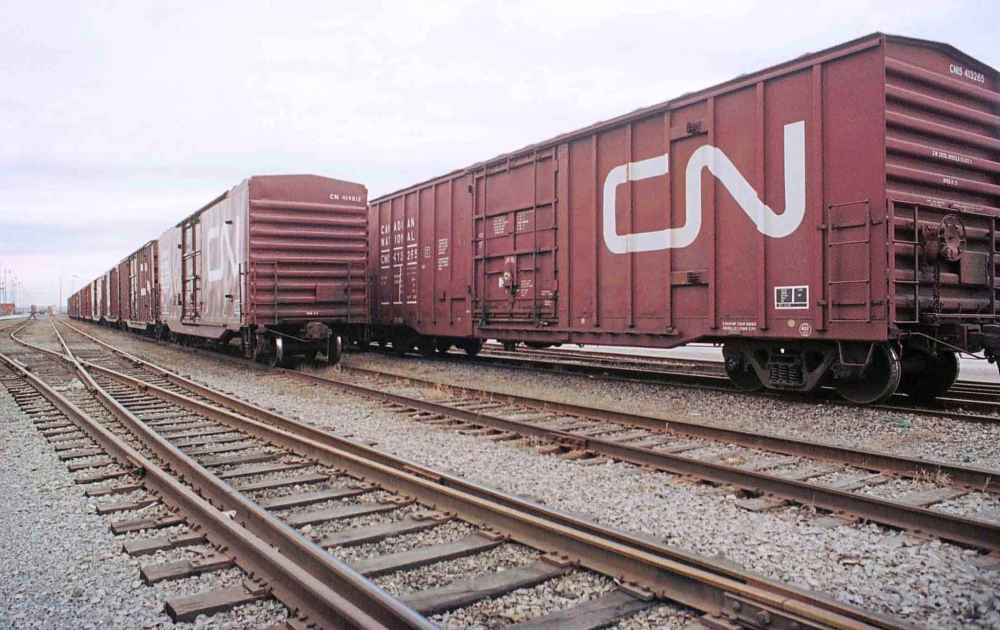
“We had a great time, me and my friends,” she said. “We got to see Canada for about 24 hours… I only got to see Winnipeg, but just crossing the border was thrilling. The first thing I did when I got here was get a Canadian flag, a little one. It’s my first time leaving the United States, so that makes it extra cool, extra thrilling.”
White, Erik McClaskey and Francisco Santiago, both 33, boarded a freight train in Wisconsin and arrived in Winnipeg 20 hours later during a downpour on July 9. The trio made their way to a motel, where two strangers, after hearing their plight, gave them $120 for a night’s stay.
“Stuff like that happens every single day,” White said. “It’s all about what you put out in the world. If you put good things out, good things will come in and vice versa. You have to manifest positivity and light — you can’t be manifesting worry and troubles.
“Every single day, we don’t know where our next meal is going to come from. We don’t know if something dangerous is going to happen or if we are going to get hurt, but we don’t worry about it. We walk in faith and know that everything is going to be OK at the end of the day.”
White, who peppers her conversation with “hobo” lingo such as “leather tramper” (someone who travels by foot) and railway “bulls” (police), has spent the past 2 1/2 years travelling “nomadically” around the United States, first by car and for the past six months by freight train.
White said, from her experience, there is a distinct difference in how authorities in Canada and the U.S. treat illegal rail travel.
“I don’t think people quite realize how dangerous it is to engage in this type of behaviour.”
– Sarah Mayes, national director with rail safety advocacy group, Operation Lifesaver
“The train people in America are really cool,” she said. “The people that work for the trains, they see us train kids all of the time; they give us water and they give us tips on what train is going where. Not here in Canada. All you people are nice, but not the train people, they are something else, man.”
After arriving in Winnipeg, the three jumped off the train and yelled “thanks” to the conductor, White said.
“He looked angry, he was like ‘Were you on my train?!’ We’re not used to that. In America, for the people driving the train, it’s considered good luck to have a hobo riding the train,” she claimed.
On July 10, the trio were waiting to sneak aboard a Toronto-bound freight train in the Transcona railyard when they were spotted by CN staff, White said.
“So they called the bulls… and they arrested us because we couldn’t prove we were citizens of Canada, because we’re not,” she said.
McClaskey and Santiago declined an interview request.
CN confirmed all three were charged with trespassing under the Rail Safety Act. They are being held in detention by Canada Border Services Agency and charged with illegal entry into Canada.
Rail hopping has been romanticized in movies and television, but it’s a practice that can quickly end in death or serious injury, said Sarah Mayes, national director with Operation Lifesaver, a rail safety advocacy group.
“I don’t think people quite realize how dangerous it is to engage in this type of behaviour,” Mayes said.
According to statistics from the Transportation Safety Board, of 69 trespassing incidents reported on railway property last year, 34 resulted in death and another 30 in serious injury.
“Why would you do that? Perhaps they are thrill seekers… (or they) think if other people lived to tell the tale I can try it as well. Unfortunately, it doesn’t always have a positive ending.”
dean.pritchard@freepress.mb.ca

Someone once said a journalist is just a reporter in a good suit. Dean Pritchard doesn’t own a good suit. But he knows a good lawsuit.
Our newsroom depends on a growing audience of readers to power our journalism. If you are not a paid reader, please consider becoming a subscriber.
Our newsroom depends on its audience of readers to power our journalism. Thank you for your support.

